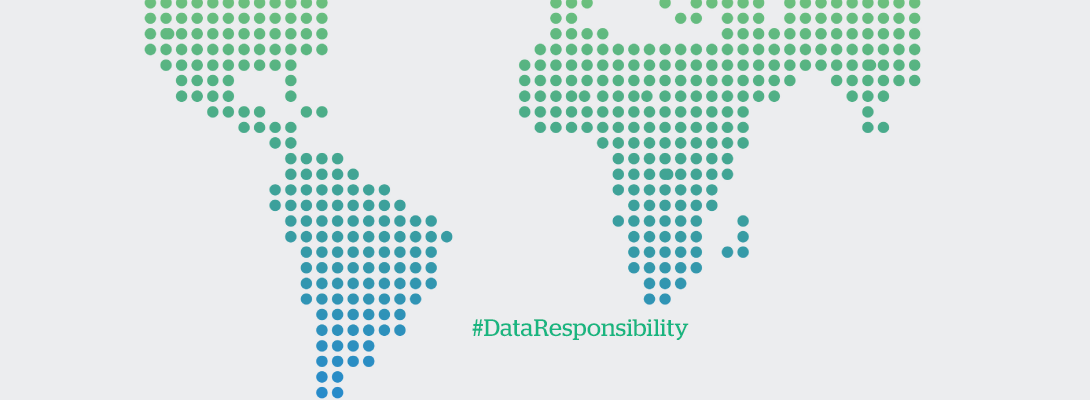Share
In September 2020, the Government of Switzerland, the International Committee of the Red Cross (ICRC) and the Centre for Humanitarian Data organized a virtual Wilton Park dialogue to examine the objectives and constraints for responsible data sharing with donors. This post summarizes the key outcomes from the event.
Humanitarian organisations are facing increased incentives to collect and share data for various purposes such as improved coordination, more efficient service provision and accountability. At the same time, they have to ensure that data is exclusively used for humanitarian purposes and does not cause harm to vulnerable populations. These ambitions often lead to contradictory practices: sharing more disaggregated data while also increasing efforts to anonymise and otherwise protect data.
This dilemma is particularly relevant in the ongoing dialogue between donors and humanitarian organisations vis-à-vis data sharing in principled humanitarian action. Donors’ interest in more detailed data has only increased in recent years.
During the two day event, which was organized under the banner of the Humanitarian Data and Trust Initiative, participants discussed current practice and identified a number of common objectives and constraints related to data sharing with donors:
- Objectives: compliance with legal, regulatory, and policy requirements; accountability and transparency; and programme design and monitoring
- Constraints: risk of re-identification; lack of a clear regulatory framework for group data; incentives and power dynamics around data sharing; potential use of data for non-humanitarian purposes; reputational risk; gaps in capacity and practical implementation; and violation of privacy and other fundamental human rights.
Under the auspices of the Humanitarian Data and Trust Initiative, the following activities will be carried out in the immediate term by a lead organisation, as indicated below.
- Field-based research / case study development (ICRC leading): This research will focus on analysing the risks related to the sharing of data, exploring several scenarios to reflect the variety of potential situations in terms of humanitarian contexts, programs types, scales of intervention and corresponding size of data sets, and requests.
- Guidance Note on Responsible Data Sharing with Donors (Centre for Humanitarian Data leading): The dialogue demonstrated the need to clarify key concepts and establish a document of reference outlining the current landscape of donor requests for disaggregated data, the objectives driving these requests, and the risks and constraints facing humanitarian organisations when asked to share such data. The Centre will publish a guidance note to advance practical action on this critical issue.
- Desk-review of formal and informal donor requirements for disaggregated data sharing (Centre for Humanitarian Data leading): The required data formats and components differ by donor, and often come via both codified and unofficial requests for data and information. A desk-based review of donor policies, contractual language, and related guidance will be supplemented by expert interviews to better understand the formal and informal requirements for disaggregated data sharing.
To complement these activities, the Government of Switzerland, the ICRC, and the Centre will continue to convene strategic dialogues with stakeholders in the humanitarian system through the Humanitarian Data and Trust Initiative. This will include an in-person event at Wilton Park in the United Kingdom, planned to take place in mid 2021. The results of the dialogue process will be presented at a high-level side-event at the UN World Data Forum in Bern, Switzerland in October 2021.
Please contact us at centre@humdata.org if you are interested in contributing to this work. Download the full report from the Wilton Park event here.
